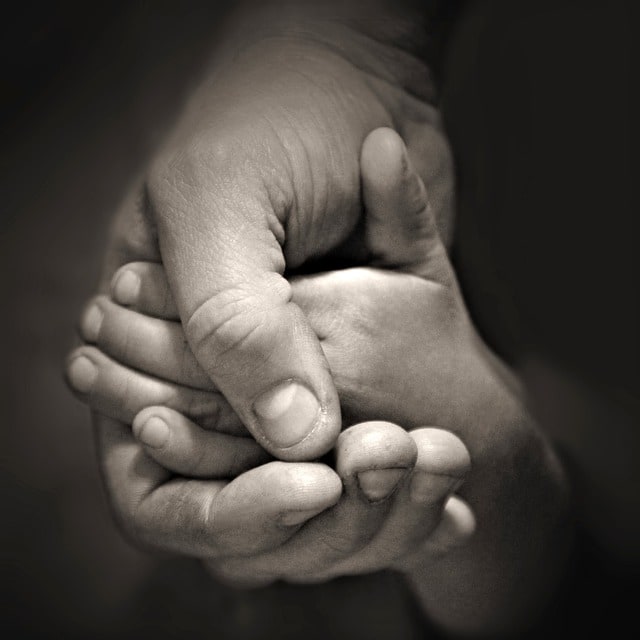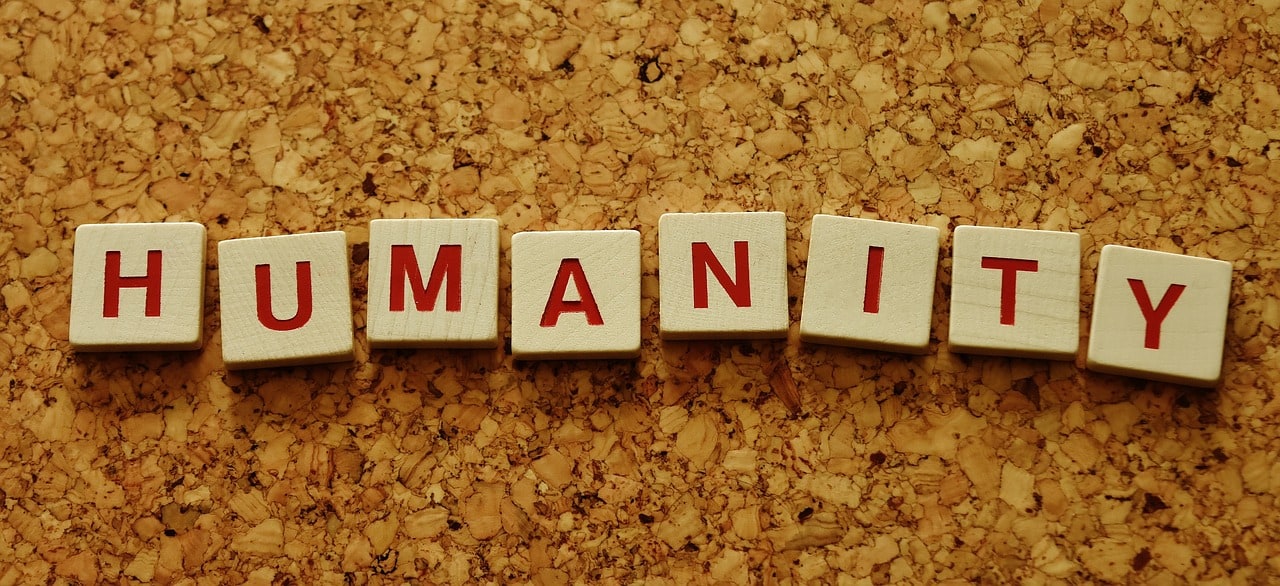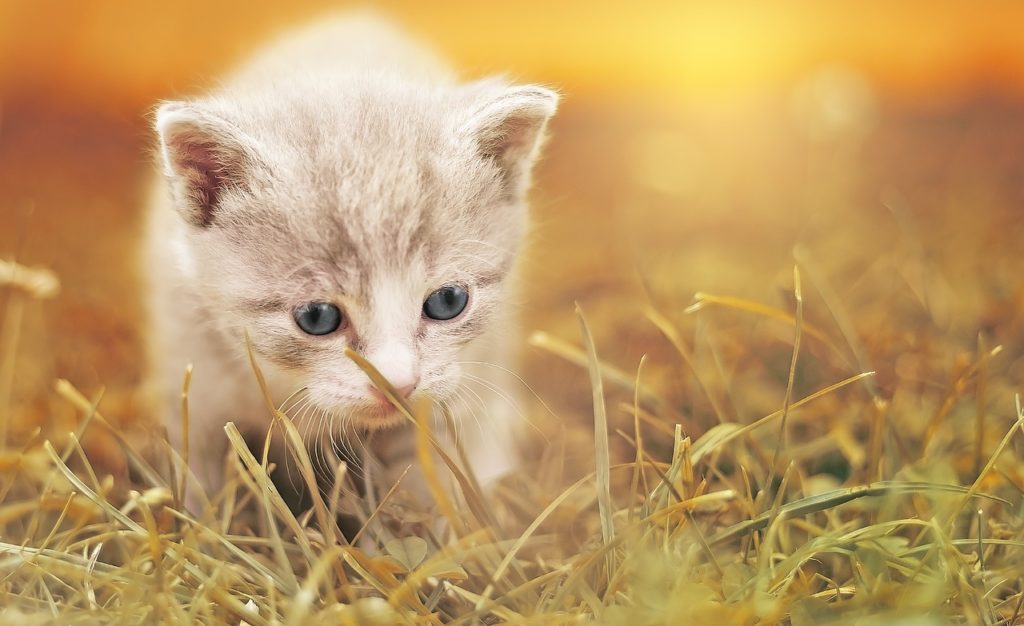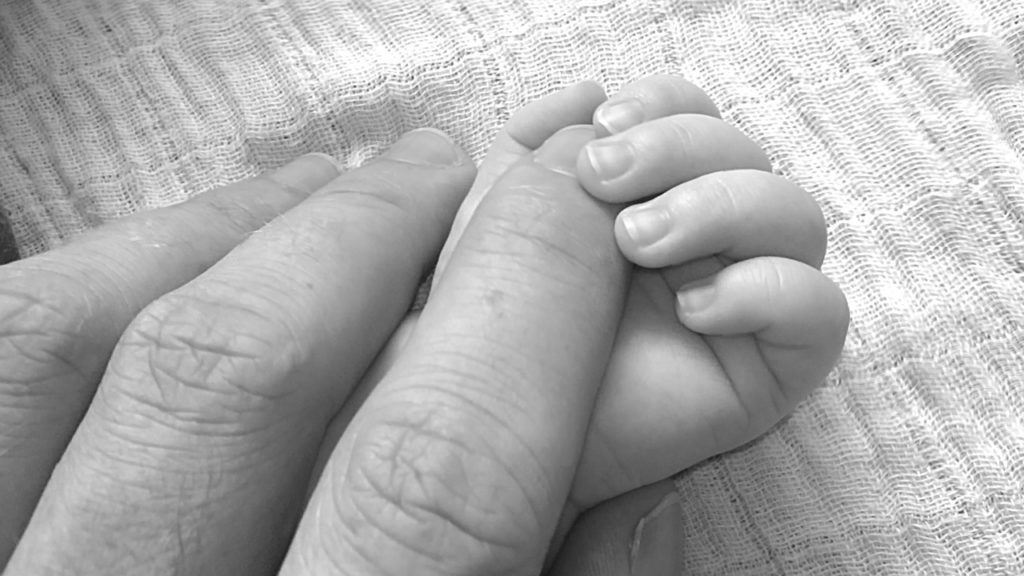The recent violence across the world is beyond horrifying. I simply cannot fathom the pain and suffering that families and friends are undergoing. Recently, I find myself cringing to read or watch the morning news, only to become more and more disheartened by these unbelievable acts. It’s not just one, but rather the ongoing and growing onslaught of tragedy that makes my heart and soul ache. But recently, as I become an almost unwilling voyeur of this violence, I have noticed a common occurrence that truly bothers me. It’s the fact that in this day of citizen journalism, people seem more concerned with getting videos and photos of each tragedy, rather than stopping to help those in need.
This is a reflection of our modern, gadget- and social media-filled society.
And it’s going to get worse before it gets better.
Don’t get me wrong. Seeing, hearing, and reading the truth is paramount to improving ourselves. Having to parse through #fakenews, rumors, and misinformation is becoming increasingly challenging.
But there is a time and a place for everything. And I believe that our “best intentions” have become misguided.

Again, I do believe that the truth must be seen and heard, but not at the incredible cost of ignoring humanity. We are all citizens of the same world. Despite physical, emotional, and intellectual differences and beliefs; we all bleed the same color blood, feel pain, anguish, loss, fear, and suffering. As citizens of humanity, we must think beyond our differences and embrace each other in times of need.
I think about those people walking through the devastation after a tragic attack – whether it is Barcelona, Charlottesville, London, Paris, Finland, or any of the locations struck with these types of horrific tragedy – and I wonder what would happen if people were to put down their smartphones, and just pick up the hand of a person suffering or in need. When tragedy like this happens, many are often suddenly alone trying to comprehend what has happened.
People, instead of filming people in pain or agony, put away the damn phone & help! Just holding someone’s hand can make a difference. ?
— Michael Sheehan (@HighTechDad) August 17, 2017
I ask you this, are you the person who pulls out your phone, or someone who rushes to someone’s side to help, even in the most minor of ways?
Holding someone’s hand, providing peaceful words, or ushering simple comfort, can work miracles in many ways, even if a life is tragically ending. But it takes an inner strength to do this. And, I’m thankful to see that it does indeed happen.
In the London Bridge terrorist stabbings earlier this year, a British Transport Police Officer, Emily Lewis, stayed with a stabbing victim for over two hours holding his hand, despite him telling her to get to safety.
“If it wasn’t for Emily, who kept me talking, who wouldn’t leave me, I might not have reached the hospital alive,” said Brett Freeman, a 32-year-old machine operator at Dagenham Ford.
We need to focus on the hope and the kindness of others, rather than trying to document the tragedy. We need to give the heroes and caretakers the spotlight, and not those who inflict the terror, nor the aftermath of their terror.
In the tragedy of Brussels in 2015, and in the recent Barcelona attacks, authorities made a public appeal to refrain from posting information and images of the terror on Social Media. Instead, they asked people to share pictures of cats. This simple act made me issue the only slight smile as I learned about the unfolding horror. I feel that this approach has multiple, potentially positive outcomes: it hides police and authority actions from other potential wrongdoers, it provides privacy and respect to those families who have victims or who are affected, and it effectively buries tragic and insensitive media from being showcased.
So, sharing on Social Media during times of tragedy can be acceptable in some circumstances. It can be used by affected friends and family to connect and assure others of their own status. It can free up phone lines to allow for true emergency communications to use that resource. And it provides a means to band together in solidarity against terror and tragedy.
But again, I go back to those “citizen journalist” videos capturing the graphical aftermath, running through people lying motionless on the ground, without ever stopping. Granted, I do not know what happens when the camera goes off, nor if they were, indeed, rushing to help someone. But from what I saw showcased across the media, the highlights were from people not stopping to help.
I know that I can do more. Each day I grow more concerned about the world I am leaving my children. They are inheriting a world of hate, of selfishness, of mediocracy. But I do have hope and hear their words of passion and concern. It’s our job and responsibility as parents to nurture the good, embolden their drive to do better, and provide consistency in this increasingly chaotic world.
We must reach into our hearts and souls to define the goodness of our beings. There will always be those who do harm and inflict pain. But I have to believe there are more of us who want to help in a time of need, even in the smallest of ways.
The next time that tragedy smashes into our lives, take a second to decide – are you a citizen journalist? Or a citizen of humanity. I do hope it is the latter.
HTD says: Teach your children to be citizens of humanity, to care and respect others, and to understand that helping and caring for all, even strangers, creates a better world.




